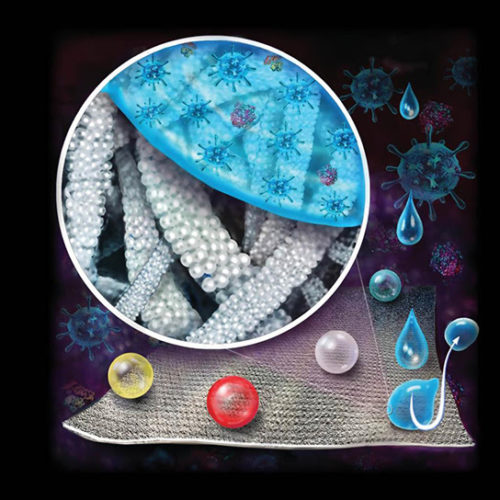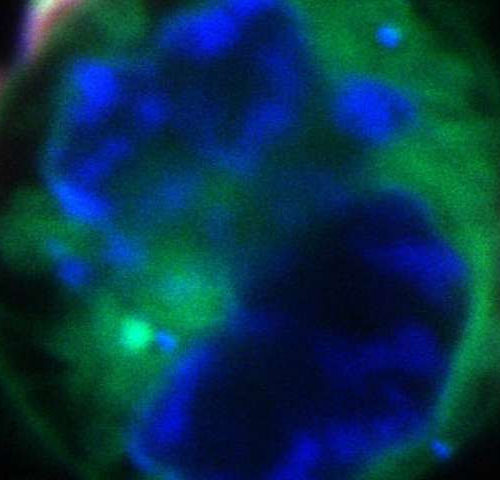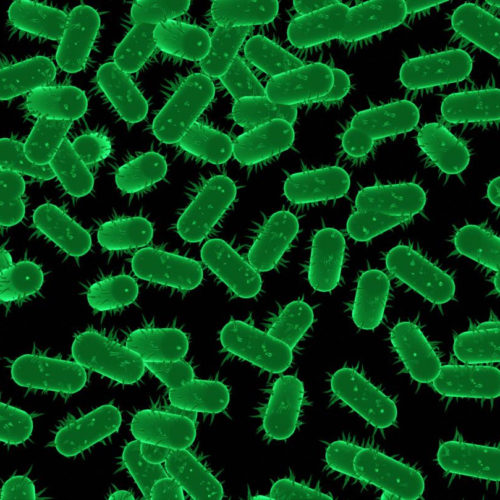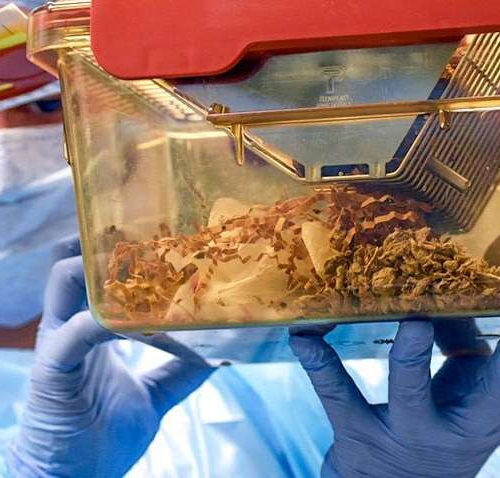Researchers at the University of Pittsburgh have developed a coating that can be used to create textiles that repel viruses, along with bodily fluids such as saliva and blood. Interestingly, the coated textiles are reusable, and can be washed and scrubbed repeatedly without losing their virus-repelling properties. These characteristics may make them highly suited for...
Tag: <span>bacteria</span>
Meet the ‘psychobiome’: the gut bacteria that may alter how you think, feel, and act
SCIENCE Science’s extensive COVID-19 coverage is free to all readers. To support our nonprofit science journalism, please make a tax-deductible gift today. Donate Not Now SCIENCE Science’s extensive COVID-19 coverage is free to all readers. To support our nonprofit science journalism, please make a tax-deductible gift today. Donate Not Now
Plasma medicine research highlights antibacterial effects and potential uses
As interest in the application of plasma medicine — the use of low-temperature plasma (LTP) created by an electrical discharge to address medical problems — continues to grow, so does the need for research advancements proving its capabilities and potential impacts on the health care industry. Across the world, many research groups are investigating plasma...
What are the symptoms of viral pneumonia?
Viral pneumonia is pneumonia that develops as a result of a viral infection in the lungs. The symptoms of viral pneumonia are often similar to those of bacterial pneumonia, but, depending on the virus responsible, there may be a few additional symptoms. A wide range of viruses can cause viral pneumonia, including influenza and coronaviruses,...
Smartphone Attachment to Detect Those Infected with Viruses, Bacteria in Minutes
Smartphone Attachment to Detect Those Infected with Viruses, Bacteria in Minutes APRIL 27TH, 2020 MEDGADGET EDITORS MEDICINE, PUBLIC HEALTH As the current COVID-19 pandemic continues to rage, there is movement toward restarting life under a “new normal”. The virus may be with us for a long time, but widespread, rapid, and accurate testing may be...
This new coating protects surfaces from bacteria and viruses for up to 90 days
Shopping carts and baskets are disinfected after every use to prevent the spread of deadly infections. This takes a lot of time and is rather expensive. However, because of work of scientists from The Hong Kong University of Science and Technology, disinfection procedures could be much more rare. Scientists in Hong Kong have developed a...
‘Backpacks’ boost immune cells’ ability to kill cancer
by Harvard University Macrophages are immune cells that patrol the body looking for potential threats like viruses, bacteria, and cancer cells, and engulf and destroy them. However, cancerous tumors have a nasty trick up their sleeves: they secrete substances that “switch” arriving macrophages from their tumor-killing state to a tumor-promoting state, in which they suppress...
Exploiting a chink in the armor of bacteria could result in new drug therapies
Scientists have identified a key process in the way bacteria protect themselves from attack – and it heralds a new strategy in the hunt for antibiotics. The researchers from the University of Leeds have pieced together how bacteria build their outer, defensive wall – in essence, the cell’s armour plating. The research has focused on...
Study reveals raw-type dog foods as a major source of multidrug-resistant bacteria that could potentially colonize humans
New research due to be presented at this year’s European Congress of Clinical Microbiology and Infectious Diseases (ECCMID)* reveals that raw-type dog foods contain high levels of multidrug-resistant bacteria, including those resistant to last-line antibiotics. The potential transfer of such bacteria between dogs and humans is an international public health risk, conclude the authors who...
Identical mice, different gut bacteria, different levels of cancer
by Ian Demsky, University of Michigan Researchers at the University of Michigan Rogel Cancer Center are shedding new light on the way microorganisms that live in the gastrointestinal tract can affect the development of colorectal cancer. Some types of gut bacteria are better than others at stimulating certain immune cells, specifically CD8+ T cells, in...






